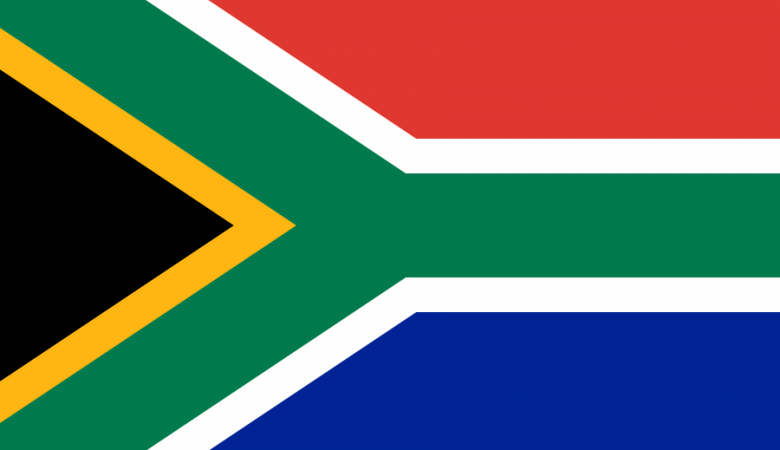PRESS RELEASE: PRA Cautions South African Ambassador about Land Expropriation Without Compensation
FOR IMMEDIATE RELEASE
Washington, DC September 25, 2018
Contact: Lorenzo Montanari
e-mail: lmontanari@propertyrightsalliance.org
Property Rights Alliance Cautions South African Ambassador about Land Expropriation Without Compensation
The Property Rights Alliance (PRA) is an international advocacy organization dedicated to the protections and promotion of property rights around the world. This year PRA launched its annual flagship publication the International Property Rights Index in Johannesburg, South Africa. In 2018, after President Cyril Ramaphosa announced his intention to pursue expropriation without compensation land reform (EWC), South Africa’s score dropped more than any other country in the world.
Property rights are a fundamental human right and weakening them has only ever led to destitution and strife. There are better ways for the South African government to bring about substantive land reform to empower the poor.
In February 2018, the Parliament of South Africa adopted a resolution stating support for EWC in principle and asked a constitutional review committee to undertake an investigation into whether the Constitution of South Africa, which currently requires government to pay compensation, needs to be amended, and if so, how. The committee is expected to report its findings back to Parliament soon.
The PRA has written to the South African ambassador in the United States to emphasize the importance of private property to a functioning and growing economy.
Prof. Sary Levy-Carciente, Venezuelan economist and, author of the IPRI as PRA’s Hernando De Soto fellow, cautioned at the launch of the Index that, “There is nothing more important than freedom. When you lose one of your civil rights, you lose all of them. Please keep yours safe.” Amending the Constitution to take away an established right (to compensation for expropriated property) will potentially have bad consequences down the line for constitutional democracy. Future governments may abuse this new power to undermine political opponents by expropriating their property arbitrarily or may use the power to expropriate property like pensions to fund government programs.
An amendment to the Constitution of this nature will not only apply to land, which the rhetoric implies. In fact, it will apply to all types of property: physical and intellectual. Pension funds, trademarks, patents, bank accounts, houses, vehicles, heirlooms, etc. will all be subject to taking by government without compensation if the amendment is passed into law.
Without secure property rights, which includes the right to just and equitable compensation, investment and economic growth will grind to a halt. This is because individuals, communities, and businesses no longer trust that the time, effort, and money they put into building businesses and developing properties will be secure from government taking. There are better ways to bring about land reform.
Millions of South Africans continue to live on property owned by local governments. This is a phenomenon that has been left over from apartheid legislation. The current government should recognize these South Africans as the true and unambiguous owners of their property and give them real title deeds to that property. Vast swathes of South African land are owned by government and are not utilized or are underutilized. Government can easily transfer much of this land to deserving poor families and communities.
Government-subsidized housing does not come with unambiguous ownership. Instead, beneficiaries’ title deeds include pre-emptive clauses that deny them many entitlements of ownership, such as the ability to sublet or to sell their property for a period of eight years. This is not true property rights. These clauses, which were enabled by the Housing Amendment Act of 2001, should be removed.
According to the IPRI South Africa usually earns the title of strongest property rights regime in Africa. This year it is Rwanda. Globally, South Africa ranks 37th out of 125 measured countries, which is a good static score. However, South Africa’s decrease of 0.65 points – is more than double the next largest decrease, a striking deviation. South Africa did not gain points in any measured components, and indeed fell on each. We regard this to be a direct result of government’s intention to bring about expropriation without compensation.
Please find the entire letter to His Excellency Mr. Mninwa Johannes Mahlangu here

